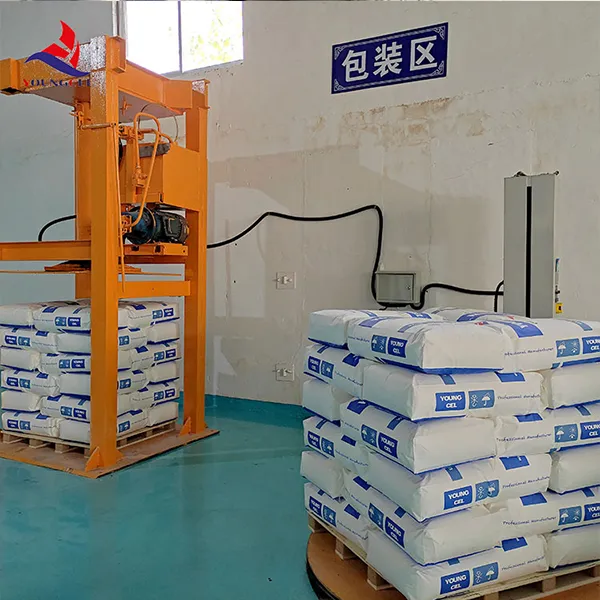The Role of Cellulose in Industrial Applications
Cellulose is a natural polymer that is a major component of the cell wall of plants. Composed of glucose units linked together, cellulose is the most abundant organic polymer on Earth, accounting for approximately 33% of all plant matter. Its unique properties make cellulose an invaluable resource in various industrial applications, ranging from textiles to pharmaceuticals and beyond.
The Role of Cellulose in Industrial Applications
In the paper industry, cellulose plays a fundamental role. Wood pulp, which is primarily composed of cellulose, is processed to produce paper products ranging from newsprint to high-quality writing paper. The pulp and paper industry heavily relies on the extraction and processing of cellulose, making it an essential sector in forestry and manufacturing. Sustainable practices in this industry have evolved, with a growing emphasis on sourcing wood from sustainably managed forests and recycling paper products to minimize environmental impact.
cellulose for industrial

The use of cellulose extends into the food industry as well. Cellulose derivatives, such as carboxymethyl cellulose, are commonly used as thickeners, stabilizers, and emulsifiers in various food products. They enhance the texture and shelf life of processed foods, allowing manufacturers to meet consumer demands for quality and consistency. Moreover, cellulose is a source of dietary fiber, which is essential for digestive health, leading to its inclusion in functional foods aimed at improving wellness.
In the pharmaceutical sector, cellulose serves as a critical excipient. Microcrystalline cellulose, a purified form of cellulose, is widely used as a binder in tablet formulations and as a bulking agent in capsules. Its ability to enhance the stability and bioavailability of active pharmaceutical ingredients makes it an indispensable component in drug manufacturing. Additionally, cellulose-based materials are increasingly being explored for controlled drug delivery systems, where they can help regulate the release of medications over time.
Furthermore, the role of cellulose in the production of biodegradable plastics has garnered significant attention in recent years. These bioplastics, derived from renewable resources, offer an eco-friendly alternative to conventional petroleum-based plastics. Cellulose nanofibers are being developed to create high-strength materials that can decompose naturally, addressing the pressing issue of plastic pollution.
In conclusion, the versatility of cellulose extends far beyond traditional applications. Its unique structural properties and abundance make it a critical material in numerous industries. As the world grapples with sustainability challenges and the demand for innovative materials continues to grow, cellulose offers a renewable and biodegradable solution that can help industries meet their economic and environmental goals. With ongoing research and technological advancements, the potential applications of cellulose are likely to expand further, solidifying its role as a cornerstone of industrial innovation in the 21st century.
-
The Versatility of Industrial Additives: Mhec, Hpmc, And Wall Putty SolutionsNewsMar.28,2025
-
The Importance of HPMC in Modern IndustriesNewsMar.28,2025
-
Partnering with Reliable Manufacturers for Optimal ResultsNewsMar.28,2025
-
Enhancing Construction Performance with Redispersible Polymer PowdersNewsMar.28,2025
-
Enhancing Construction and Household Products with Advanced AdditivesNewsMar.28,2025
-
Building Strong Foundations with Key Construction MaterialsNewsMar.28,2025






